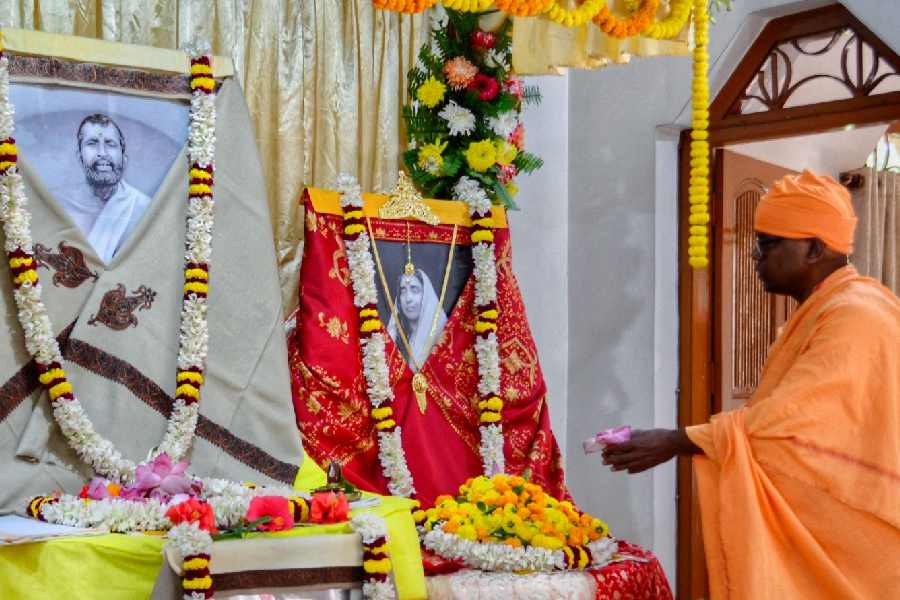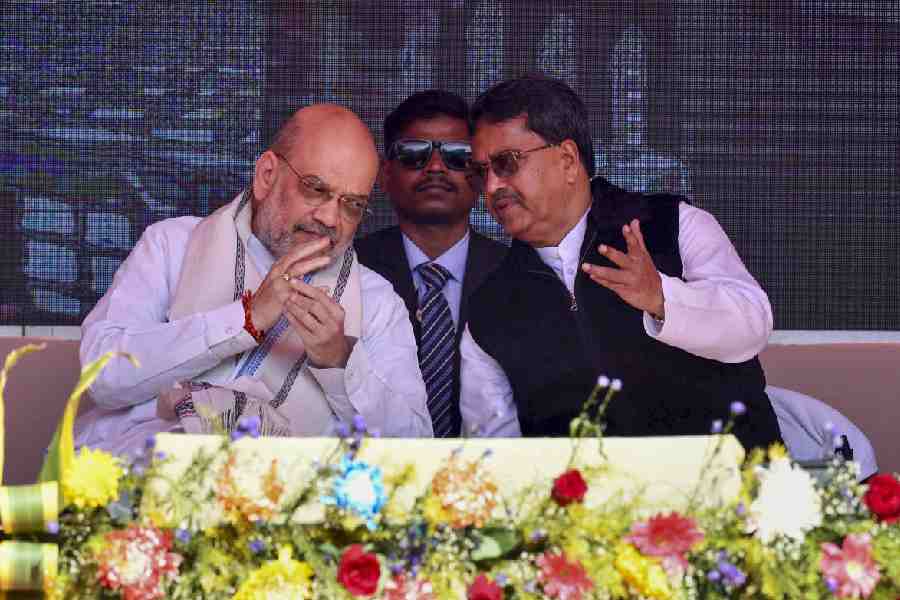 Sunday, 22 December 2024
Sunday, 22 December 2024
 Sunday, 22 December 2024
Sunday, 22 December 2024
From administrative upheavals to captaincy controversies and a dismal World Cup run, Pakistan cricket seemed out of control, hitting what many believed was “rock bottom.” But when the cricket pundits thought Pakistan cricket was down and out, the team pulled off an unforgettable triumph against Australia on their home turf.
Pakistan’s journey from turmoil to triumph wasn’t just about winning a series; it was about rediscovering who they were in the face of a brutal year.
The downfall fans didn’t see coming
Pakistan’s troubles this year began with whispered rifts within the team, with captain Babar Azam caught in the crossfire. Reports of a fractured dressing room between Babar and other senior players filled headlines, casting a shadow over the team’s future.
Azam’s private WhatsApp messages with one PCB official leaked to the public, thrusting the national hero and star batsman into a relentless scrutiny.
According to a report in the Hindustan Times, former captain Rashid Latif sparked further controversy when he claimed that the PCB hadn’t paid players for five months.
As the months rolled on, performances dipped. Pakistan’s showing at both the T20 and ODI World Cups was underwhelming, sparking frustration among fans and analysts alike. Former players weighed in, with Wahab Riaz openly criticizing young pacer Haris Rauf, a move that exposed simmering issues of abandonment and a lack of mentorship for emerging talent.
Then, the controversy deepened. Pakistan’s top star Babar Azam found himself at the center of a social media storm. In response to reports suggesting Babar might be dropped from the Test team, Fakhar Zaman publicly defended Babar Azam, cautioning selectors against dropping him from the Test team, drawing parallels to India’s support for Virat Kohli during his lean years.
Fakhar’s post, however, irked PCB officials, who reportedly admonished him for airing internal matters publicly. The situation worsened after Pakistan’s heavy loss to England, when four key players—including Babar, Shaheen Afridi, Naseem Shah, and Sarfaraz Ahmed—were dropped. While selector Aqib Javed cited form and the demanding schedule as reasons for the changes, the decision only fueled concerns about the team’s direction and internal turmoil.
Criticism turned into pessimism, and Pakistan cricket was staring down a path of self-doubt.
A surprise shakeup that changed everything
Enter Mohammad Rizwan, the new captain and Jason Gillespie, the new head coach after Gary Kirsten’s exit. Both seem to have infused fresh energy and focus into a squad.
With new leadership in place, the team embarked on an Australian tour, seen by many as a baptism by fire. Australia had been a no-win zone for Pakistan for over two decades.
Rizwan swiftly dismissed rumours of any factionalism within the squad, affirming a united front. "If there's any group I'm part of, it's the Pakistan team—a group of 15 captains," he stated, emphasizing collective leadership. As the new skipper, Rizwan highlighted that each player brings unique qualities that strengthen the team’s core. “Now that I’m captain, my role is to manage tasks, represent the team in presentations, and handle conferences. But, Inshallah, each member of the Pakistan team is a captain in their own way. Everyone contributes as a leader on the field, and that’s what makes us stronger," he said with conviction.
Rizwan’s first challenge as captain was indeed a trial by fire—an ODI series against Australia, a place where Pakistan hadn't triumphed for 22 years. Yet, under his steady leadership and with the team’s renewed unity, Pakistan shattered the long-standing drought with a historic series win.
A comeback for the ages in Aussie territory
The series began with a defeat in Melbourne. Pat Cummins, with a captain’s knock, stole victory over Pakistan’s grasp, leaving fans bracing for another disappointing series. But the team had found a new pulse. Rallying in Adelaide, Pakistan’s bowlers suffocated Australia’s batting lineup, dismissing them for 163. Haris Rauf, in particular, was relentless, claiming wickets with a fiery intensity that seemed to silence his critics. Pakistan chased down the total with ease, winning by nine wickets and levelling the series.
The decider in Perth was a spectacle of grit. Australia, led by stars like Steve Smith and Glenn Maxwell, was bowled out for a meagre 140. Shaheen Afridi’s thunderous pace set the tone, and Rauf backed him up, capturing a remarkable 10 wickets across the series. With the bat, the young Saim Ayub and Abdullah Shafique stepped up, taking the team within striking distance before Babar Azam himself sealed the deal with a 50-run partnership with Rizwan.
The 2-1 series win marked Pakistan’s first in Australia since 2002, a triumph that came against perhaps the best-ever squads for both teams at that time. Australia, with its world-class lineup, and Pakistan, fielding a formidable side, had clashed in a series that remains etched in history, setting the stage for another memorable chapter in their cricketing rivalry.
Déjà vu down under? Pakistan’s never-say-die spirit
The victory reminded them of another miraculous comeback, the 1992 World Cup in Australia, where Pakistan transformed themselves from underdogs to champions.
Led by the charismatic Imran Khan, who made a stunning return from retirement to lead the team, the squad overcame immense challenges, both on and off the field, to claim their maiden World Cup title. From the early losses that left their hopes hanging by a thread to the unforgettable final at the MCG, Pakistan's victory was a testament to resilience, unity, and belief.
Players like Javed Miandad, Wasim Akram, and Inzamam-ul-Haq rose to the occasion, with Akram’s iconic all-round performance in the final still considered one of the most remarkable individual displays in cricketing history. That triumph not only changed the course of Pakistan’s cricketing destiny but also united a nation, cementing the 1992 squad as true legends of the game.
Then, as now, the team had faced adversity and doubts, only to rally under pressure. The spirit of the “cornered tiger” was alive and well, even if in a new form.
Is this just the beginning of Pakistan’s cricket rebirth?
Fans basked in this spectacular triumph, while analysts tempered their celebrations with realism. The issues within Pakistan cricket remain; the PCB’s stability is still a question mark, and the team’s consistency needs work. The borad continues to face criticism for its frequent leadership changes and lack of long-term vision, creating an atmosphere of uncertainty. The team's inconsistency, particularly in major tournaments, highlights the need for more cohesive leadership and strategic planning to ensure sustained success on the international stage.
As Pakistan prepares to host the Champions Trophy next year, this Australian triumph serves as more than a series victory.
When the team departs Perth with the trophy in hand, they will carry with them the reignited hopes of a nation that has always believed in cricket’s power to unite, inspire, and overcome.







